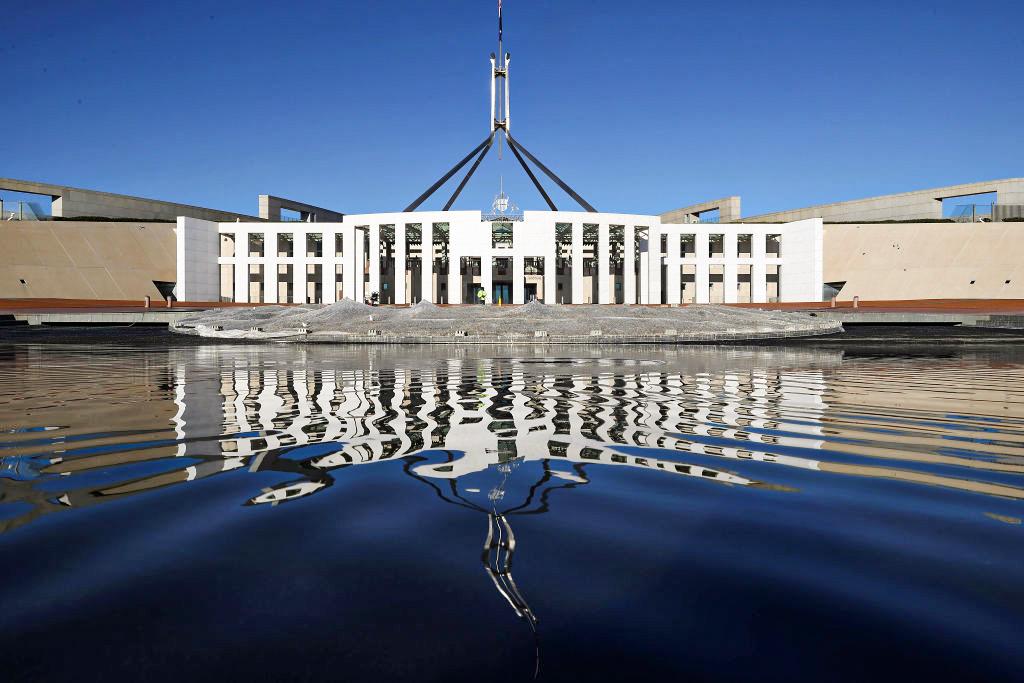Australian MPs have come out as the most disorderly in a study comparing “Question Time” between four parliaments.
Professor Philip Cowley of the School of Politics and International Relations at Queen Mary University of London, set out to examine whether conflict during Prime Minister’s Questions (PMQs) had worsened over time in the UK.





